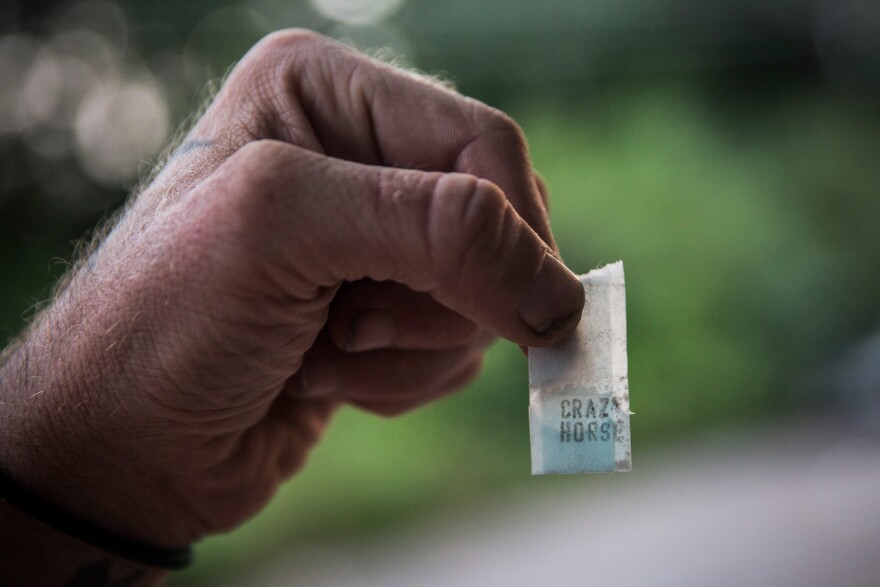There were unpleasant moments on the Assembly floor Tuesday, when a Republican representative made an obscene gesture at Democratic leader Peter Barca. The initial irritant was a news release GOP Assemblyman Bob Gannon of Slinger issued last week, complaining about Milwaukee’s homicide rate and black unemployment. Democrats demanded an apology. Gannon apologized, but only for making what he called, an improper gesture in the heat of battle. Earlier in the day, members of both parties came together on several issues including four bills aimed at preventing heroin addiction.
Republican John Nygren is behind Wisconsin’s push to fight heroin addiction. He says the statistics are shocking.
“The United States is 4.6 percent of the world’s population yet we take 80 percent of the opioid drugs. You think we got a problem? We got a problem,” Nygren says.
For a lot of people, that problem starts in a place they would never imagine, according to Christine Ullstrup. She works for Meta House.
“Someone has a(n) injury, maybe a high school athletic injury or car accident or something,” Ullstrup says.
Ullstrup says the injury leads to a doctor prescribing an opiate.
“It’s not hard to get addicted to that pain medication. It really works on the central nervous system, the brain. And if someone’s not paying attention to that, and some people have a predisposition to addiction, they can become addicted really quickly,” Ullstrup says.
Ullstrup says the legislation the Assembly passed will help to prevent heroin addiction or at least catch it early. Two bills will add reporting requirements for professionals who prescribe certain controlled substances or fill the prescriptions – and for law enforcement who find the drugs. Another measure demands that pain clinics certified, and a fourth that programs that use methadone to treat addiction provide more information about how things are going. Republican John Nygren introduced the bills.
“This issue hits Main Street Wisconsin. It hits the families that don’t think it could possibly happen to them, sometimes out of their own medicine cabinets,” Nygren says.
The problem hit Nygren’s family. His daughter has struggled with heroin addiction for a decade. Nygren says he hopes the legislation is just the beginning of Wisconsin’s stepped-up fight; Christine Ullstrup of Meta House agrees. She hopes lawmakers tackle funding. According to Ullstrup, the state needs to provide more money to help treat people struggling with heroin and opioid addictions, especially pregnant women.






